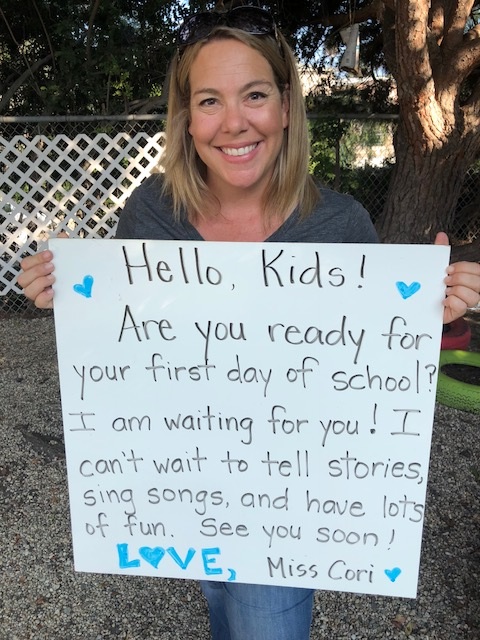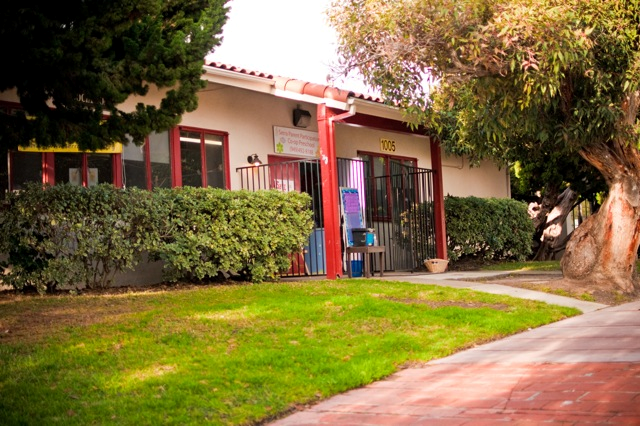I have a few thoughts on the kindergarten readiness and the movement to universal TK. Though much of the fervor to give our kids a solid start in school comes from the feeling that they must compete in a global world and perform well with high testing children of other countries, our practice of starting children early is completely the opposite of what they do in Finland whose children are among the smartest in the world. They earned some of the top scores by 15 year old students who were tested in 57 countries. American teens finished among the world’s C students even as US educators piled on more homework, standards and rules, as reported by the Wall Street Journal. In Finland children are not taught to read until around the age of 7 years old, and through grades one through nine, after every 45 minute session or lesson they are let loose outside for 15 minutes or so, so they can burn off some steam. I know some of my most creative thoughts or ideas come to me when I am outside walking my dog, when my body is moving. One of the most important things you can do to foster early literacy is provide an atmosphere that’s fun, verbal and stimulating, not school like. Keep your child moving. Brain development and academic achievement in children is directly related to how much exercise and natural, undirected play they get, which means turn off the TV and computers and get them outside.
It also means leave them alone to devise their own play without your help or intervention. One very serious problem with kids these days is they are really losing their ability to create, they rely heavily on ready-made play situations. I see this more so in children from programs where the group has to be more structured for the sake of crowd control. These kids might be more compliant with the adults and know how to follow directions at age 3 or 4, but they are far less creative in their play and often at a loss when it comes to making independent choices. In 2000 the British House of Commons Select Committee issued a report stating that there was no conclusive evidence that children gained from being taught the three Rs before the age of six. Creative play and small class size were deemed essential in early childhood education. Their report went on to state: The current focus on targets for older children in reading and writing inevitably tend to limit the vision and confidence of early childhood educators. Such downward pressure risks undermining children’s motivation and their disposition to learn, thus lowering rather than raising levels of achievement in the long term. Inappropriate formalized assessment at an early age currently results in too many children being labeled as failures, when in fact the failure lies in the system. I have a saying ” just because they can does not mean they should.”
Fondly,
Mrs. Nowicki




